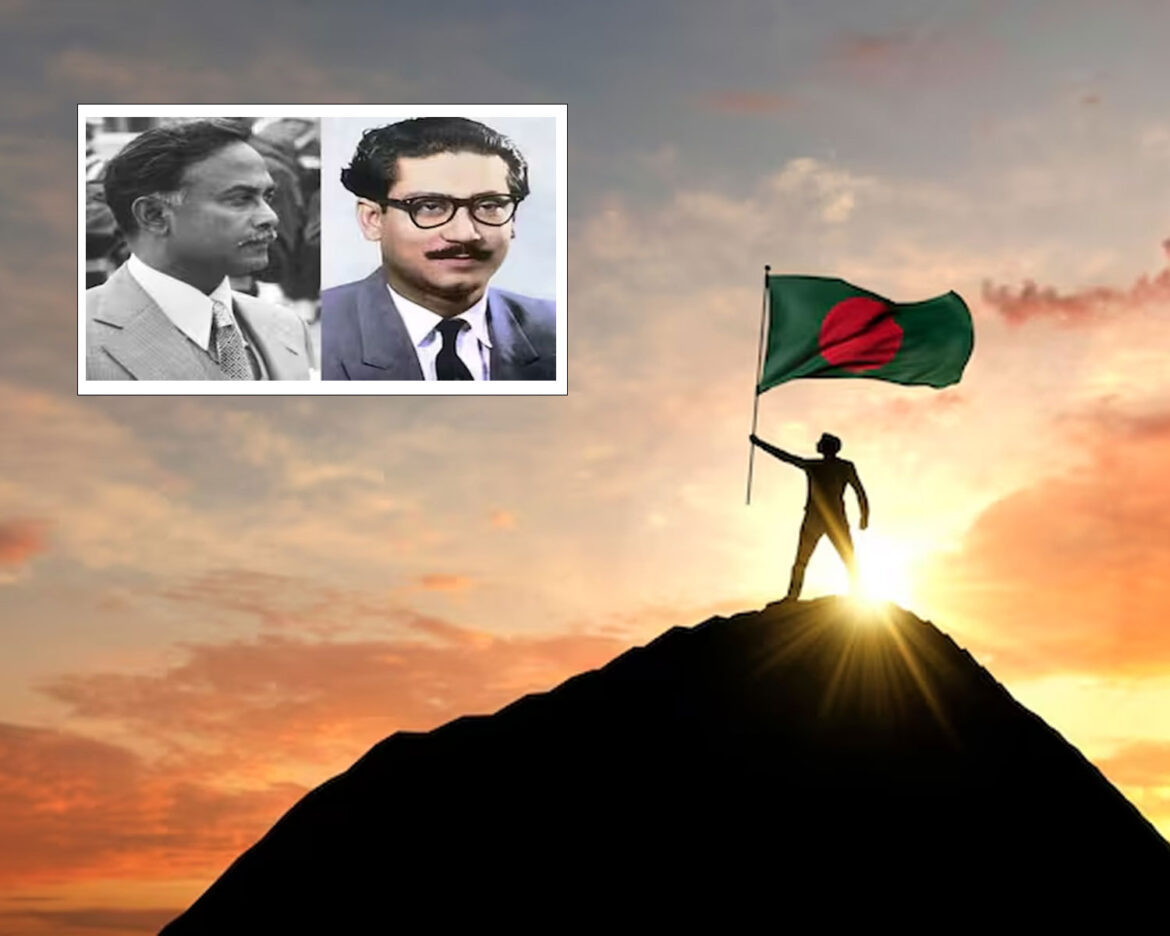Bangladesh’s newly introduced school textbooks are sparking controversy by crediting former President Ziaur Rahman with declaring the country’s independence in 1971, a pivotal moment in the nation’s history. The revision has stirred national debates, with critics accusing the government of rewriting history to favor Rahman, who led the country after the war of independence.
In the updated curriculum, Ziaur Rahman is presented as the key figure who made the declaration of Bangladesh’s independence on March 25, 1971, a role historically attributed to Sheikh Mujibur Rahman, the nation’s founding father.
The government’s move has caused a division among historians, political leaders, and the public. While some view it as a recognition of Ziaur Rahman’s contributions to the independence struggle, others warn that it may dilute the legacy of Sheikh Mujibur Rahman, whose leadership during the liberation movement remains a cornerstone of Bangladesh’s national identity.
The decision has also drawn attention to the ongoing efforts to reshape historical narratives in Bangladesh, reflecting the complex political landscape that continues to influence how the country’s past is taught to future generations.
As Bangladesh moves forward with these changes, the debate over who should be credited with declaring independence is likely to remain a topic of heated discussion.



